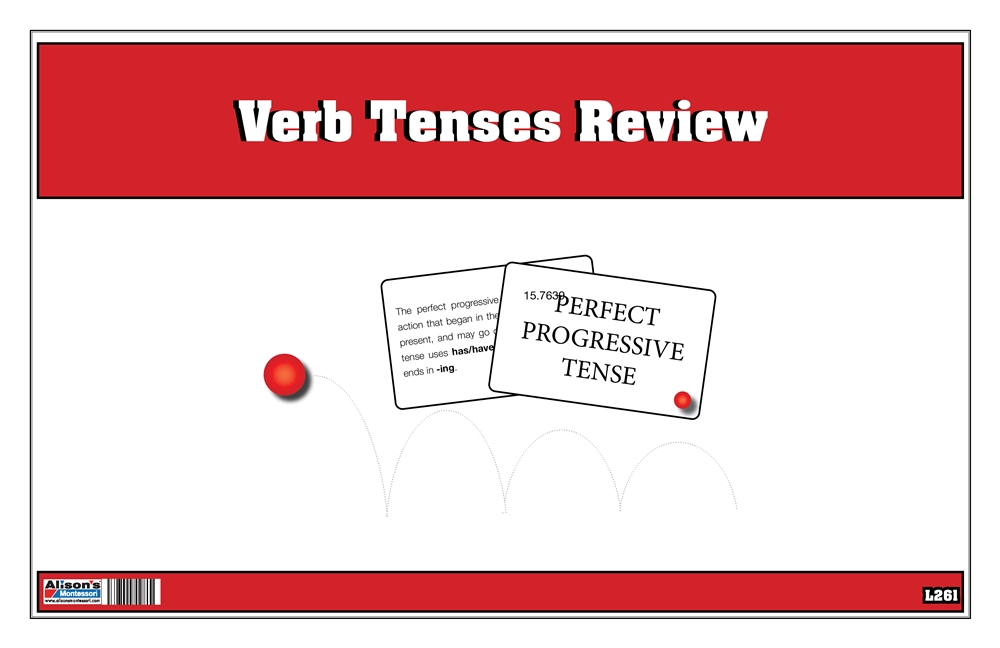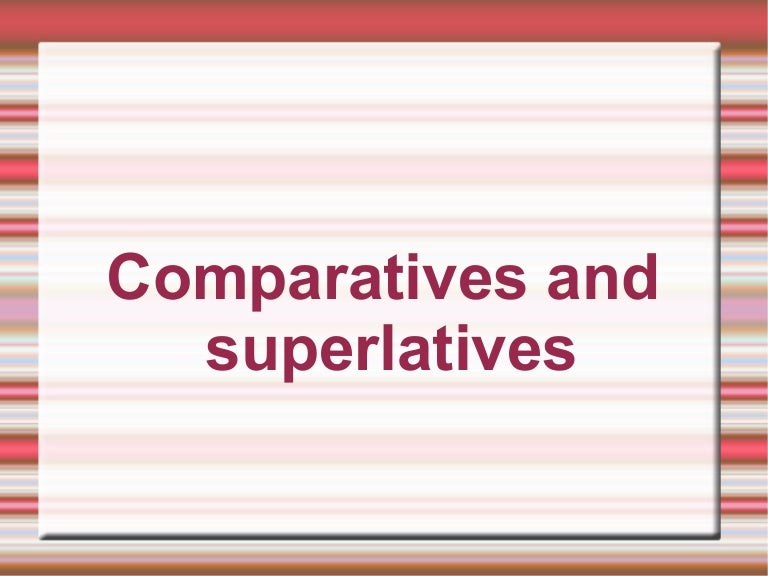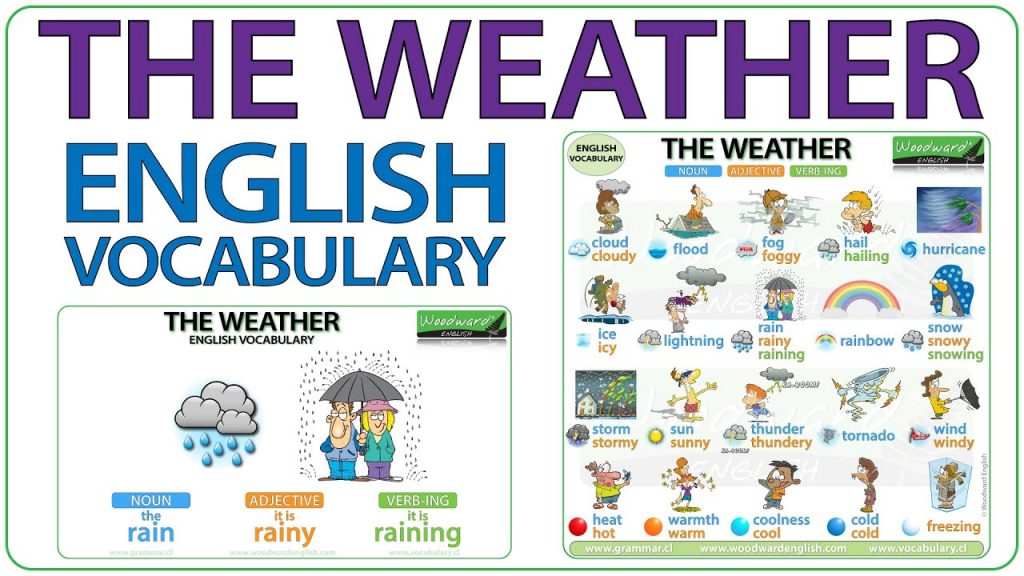PAST SIMPLE vs PAST CONTINUOUSVamos a ver la diferencia entre estos dos tiempos verbales. Es importante (como siempre) leer bien el contenido de la información que a continuación os dejo. Una vez entendida y asimilada, será necesario ponernos a prueba para comprobar que hemos entendido el tema y somos capaces de hacer los ejercicios con éxito.
COMPARATIVES / SUPERLATIVES
Tanto en inglés como en español al comparar personas, animales o cosas utilizamos los adjetivos en su grado positivo, comparativo y superlativo.Grados Uso Ejemplos Positivo Es el grado más simple. Designa una cualidad del objeto/persona. Peter is a happy boy (Pedro es un chico feliz) Comparativo Compara dos elementos. Puede ser de igualdad, de inferioridad o de superioridad. A happier boy (Un chico más feliz)
De igualdad. Iguala dos elementos. Mary is as happy as Peter (María es tan feliz como Pedro)
De inferioridad. Un elemento posee la cualidad en menor grado. Mary is not as happy as Peter (María no es tan feliz como Pedro)
De superioridad. Un elemento posee la cualidad en menor grado. Mary is happier than Peter (María es más feliz que Pedro) Superlativo Compara dos elementos en su grado máximo. Destaca la cualidad de un elemento sobre los demás. Mary is the happiest girl in the class (María es la chica más feliz de la clase)
Formación de los comparativos y superlativos
Comparativo de igualdad
Se forma con la estructura as...as, not as...as, not so...as.
Mary is as tall as Peter.
Mary es tan alta como Peter.
Mary is not as tall as Peter.
Mary no es tan alta como Peter.
Mary is not so tall as Peter.
Mary no es tan alta como Peter.
Comparativo de inferioridad
Se forma con la estructura less... than.
Mary is less tall than Peter.
Mary es menos alta que Peter.
Comparativo de superioridad
Se forma añadiendo el sufijo -er a los adjetivos monosílabos o a los adjetivos bisílabos acabados en -y, -er, -le o -ow.
Mary is taller than Peter.
Mary es más alta que Peter.
Mary is happier than Peter.
Mary es más feliz que Peter.
Los adjetivos de dos o más sílabas forman el comparativo con la estructura more ... than.
Mary is more intelligent than Peter.
Mary es más inteligente que Peter.
Los adjetivos de dos o más sílabas forman el comparativo con la estructura more ... than.
Superlativo
Se forma añadiendo el sufijo -est a los adjetivos monosílabos o los bisílabos acabados en -y, -er, -le y -ow.
Mary is the tallest person I know.
Mary es la persona más alta que conozco.
Mary is the happiest girl I have ever seen.
Mary es la chica más feliz que he visto jamás.
Los adjetivos de dos o más sílabas forman el comparativo con la estructura the most...
Mary is the most intelligent girl in the class.
Mary es la chica más inteligente de la clase.
Comparativos y superlativos irregulares
Adjetivo Comparativo Superlativo good better best bad worse worst far farther/further farthest/furthest little less least much/many more most
He is the best dentist I know.Él es el mejor dentista que conozco.Mary is a worse teacher than Peter.Mary es una profesora peor que Peter.
Usamos indistintamente farther o further con el significado de más lejos pero solamente further con el significado de adicional, extra.Neptune is farther/further than Mars.Neptuno está mas lejos que Marte.
FIRST CONDITIONAL
| Adjetivo | Comparativo | Superlativo |
|---|---|---|
| good | better | best |
| bad | worse | worst |
| far | farther/further | farthest/furthest |
| little | less | least |
| much/many | more | most |
Uso
Utilizamos el condicional 1 para hablar de una posibilidad real en el futuro; es decir, de una acción que es posible que ocurra en el futuro siempre y cuando se cumpla la condición.
Ejemplo con explicación:
Pensemos en que una amiga me pedio el favor de ayudarla a estudiar para un examen que se realizará mañana; yo no sé si pueda ayudarla porque no sé si tengo que trabajar mañana, entonces yo le digo:
- If I have time tomorrow, I will help you. (Si tengo tiempo mañana, te ayudaré)
Estructura:
Este condicional tiene dos partes: “la condición” y “el resultado”. Observa los siguientes ejemplos:
-If you come to the party, you will meet my sister. (Si vienes a la fiesta, conocerás a mi hermana)
-If she gets home late, I will be very angry. (Si ella llega a la casa tarde, estaré muy enejado)
La condición:
- If you come to the party, (Si vienes a la fiesta,)
- If she gets home late, (Si ella llega a la casa tarde,)
El tiempo verbal que utilizamos para la oración condicional es el presente simple -“you come” y “she gets”- (Para mayor información sobre este tiempo verbal puedes ir a la lección sobre el presente simple en inglés)
El resultado:
- You will meet my sister. (Conocerás a mi hermana)
- I will be very angry. (Estaré muy enfadado)
Estas frases utilizan el futuro con WILL acompañando de la FORMA BASE DEL VERBO -“will meet” y “will be”-. (Puedes ir a la lección sobre el futuro con WILL)
Recuerda:
Podemos cambiar el orden de la oración sin alterar el significado:
I will help you if I have time. (Te ayudaré si tengo tiempo)
Podemos usar los verbos modales CAN o MAY en lugar de WILL; ejemplos:
-If I don’t have to work on Saturday, we can go to the cinema. (Si no tengo que trabajar el sábado, podemos ver una película)
-If she studies hard for the exam, she may get a good grade. (Si ella estudia dura para el examen, puede que obtenga una buena calificación)
Ahora, ya puedes visitar la sección "Homework" y ponerte a prueba con los ejercicios.
TYPES OF ACCOMMODATION

The 16 major types of accommodation When you are travelling or working in the tourism industry, it is important to understand what the different types of accommodation are. Fortunately, the tourism industry is multifaceted an… Ir a este Sway
| The 16 major types of accommodation | |
| When you are travelling or working in the tourism industry, it is important to understand what the different types of accommodation are. Fortunately, the tourism industry is multifaceted an… | |
|
DESTINATIONS
What Are Articles?
By using the article the, we’ve shown that it was one specific day that was long and one specific cup of tea that tasted good.
The Definite Article
The Indefinite Article
Exceptions: Choosing A or An
This holds true with acronyms and initialisms, too: an LCD display, a UK-based company, an HR department, a URL.
Article Before an Adjective
Indefinite Articles with Uncountable Nouns
However, if you describe the water in terms of countable units (like bottles), you can use the indefinite article.
Note that depending on the context, some nouns can be countable or uncountable (e.g., hair, noise, time):
Using Articles with Pronouns
The and my should not be used together since they are both meant to modify the same noun.
Instead, you should use one or the other, depending on the intended meaning:
Omission of Articles
Many languages and nationalities are not preceded by an article. Consider the example below:
DEALING WITH CUSTOMER COMPLAINTS AT A HOTEL
MODAL VERBS : CAN / COULD / MUST / SHOULD
MODAL | EXAMPLES | USES |
CAN | He can find any street in London. You can take a taxi. Can you take me to Victoria Station? | Ability Suggestion Request |
BE ABLE TO | He is able to find any street in London. | Ability |
CAN ́T | That story can ́t be true. | Certainty that something is impossible |
COULD | I could play tennis when I was younger. Could you take me to Victoria Station?. You could take a taxi. | Ability Request Suggestion |
MAY | It may be quicker to travel by train. May I come in?. | Possibility Formal request |
MIGHT | It might be quicker to travel by train. | Possibility |
MUST | You must be back at 10 o ́clock. Look at the snow. It must be cold outside. | Obligation Certainty that something is true |
HAVE TO | You have to be back at 10 o ́clock. | Obligation |
NEED TO | You need to study a lot. | Obligation |
NEEDN ́T | You needn ́t have a university degree. | Lack of obligation |
MUSTN ́T | You mustn ́t drive without a licence. | Prohibition |
DON ́T HAVE TO | You don ́t have to call a taxi. | Lack of obligation |
SHOULD | You should drive more carefully | Opinion / Advice |
OUGHT TO | You ought to drive more carefully | Opinion / Advice |
On the images below, you'll find out more about them!
 |
| Click to start working! |
 |
| Click to start working! |
TOP 5 CUSTOMER COMPLAINTS
 | |
| TASK - Top 5 Customer Complaints in the Tourism & Hospitality Industry — and How to Handle Them | |
| Ask anyone in the tourism and hospitality industry what they think is the most important factor contributing to success in what they do, and most will respond with “being service driven”. | |
|
DEALING WITH CUSTOMER COMPLAINTS
 | |
| How to deal with difficult customers | |
|
MEANS OF TRANSPORT
Learn how to talk about transport and driving in English. What’s the best way to get around your hometown? Do you drive often? What public transport do you use regularly? Here, you’ll see how to answer these questions—and many others—in clear, correct English.
How do you get around your hometown? What are the advantages or disadvantages of different forms of transport where you live?
I'm sharing a couple of videos related to the impact transport has on tourism.
LIST OF IRREGULAR VERBS
Aquí os dejo la lista que os he comentado en clase. La podéis consultar directamente o descargarla pinchando en la imagen.
Aquí os dejo la lista que os he comentado en clase. La podéis consultar directamente o descargarla pinchando en la imagen.
UNIT 1 - SELLING DREAMS
Watch the following two situations for both having fun and learn how to lead such a conversation.
It is now time to learn some interesting vocabulary to enrich your speech. This two websites will give some clues in order to know how to.
VERB TENSE REVIEW
 |
| Click to access the information |
SIGHTSEEING. Find below access to the presentation we've been checking these last two days of class. Hope you find it interesting and that some of the expressions commented remain!












